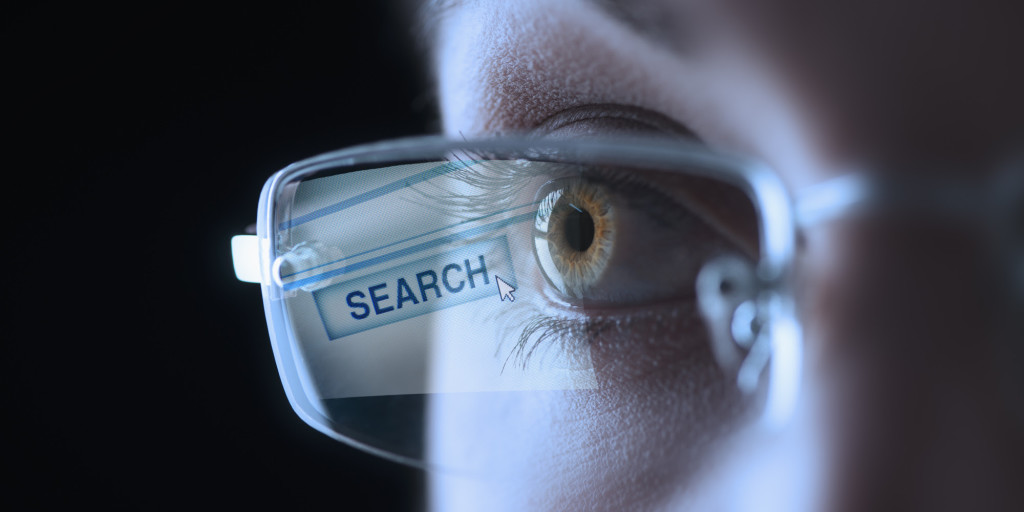“There’s an old expression that lawyers use — ‘A man who is his own lawyer has a fool for a client.’ The same thing can be said for medical advice,” explains medical expert Dr James Pinckney. “If you’re playing doctor, you have a fool for a patient.”

(All Woman)
The Internet has become an integral part of our lives, so much so that it’s relied on sometimes for professional advice for our every ailment, whether mental or physical.
But while the web provides a wealth of information on health-related matters, and can even help with self-diagnosing, people should bear in mind the pitfalls of avoiding the advice of a flesh and bone professional.
According to obstetrician-gynaecologist Dr Ryan Halsall, women make up the majority of people who run with this trend.
“It comes as no surprise given that women tend to have better health-seeking habits,” he said. “This has been made easier, they say, by many online ‘symptom checkers’, which allow you to type in the symptoms and voila!, a list of possible diagnoses will pop up. It seems easy enough, but as with all things, there are two sides to the coin.”
He said while it’s great to be well informed about your condition, and doing a little research to help you gain that extra level of understanding is a great practice, you should let your doctor do the diagnosing.
“There’s a reason many of us spend five to 10 years in school learning about this stuff, and there can be no true substitute for a proper history and examination by your physician,” Dr Halsall said.
According to Dr Halsall, searching the internet for diagnoses can be dangerous to your health for many reasons. These include:
1. Bogus websites
Dr Halsall said some of the information on the internet is just not true and some hide behind the truth as a marketing ploy to sell you products. He said to avoid this, stick to reputable websites that your doctor recommends.
2. Close but not quite accurate
According to Dr Halsall, a lot of conditions share similar symptoms, and to the untrained mind it may be difficult to interpret a whole bunch of them.
“Worse still, some conditions manifest differently in different people, making the internet a bad place to try and sort out what’s happening to you. It’s just as bad as diagnosing yourself with a brain tumor because your neighbor’s aunt from England had headaches that sounded like yours,” he said.
3. False sense of security
The OBGyn said using the web to diagnose yourself can work against you by making you think there’s nothing seriously wrong with you, when the truth is far from that.

